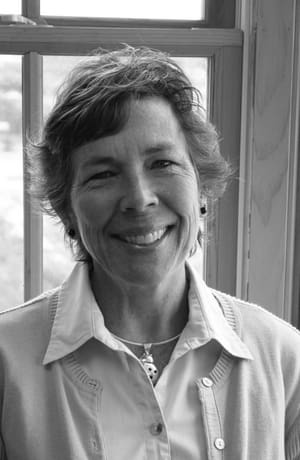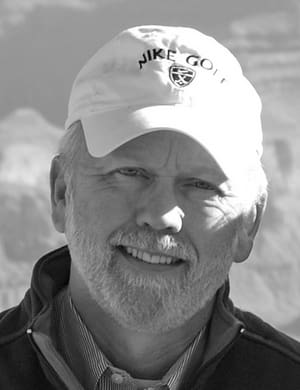We once knew someone who could create a reality by simply speaking it into being—not a prophet or a seer, just a guy who could take a wild exaggeration, repeat it confidently like it was a fact, and suddenly people started believing him. One of his friends said he was proleptic.
When you’re hopeless, it might be nice to be able to speak a more optimistic reality into being. Sadly, most exaggerations or simple unrealities spoken proleptically eventually unravel. On rare occasions, however, a good leader can stir the energies of followers by proclaiming the right, good and true in such a way that it becomes a roadmap for a new reality.
If you follow American politics at all, the phrase “yes we can” may ring a bell. President Obama built this mantra into his campaign like a refrain in a litany.
“Will healthcare be reformed?” . . . yes we can.
“Is peace possible in the Middle East?” . . . yes we can.
“Can the economy be resuscitated? . . . yes we can.
Stirring calls to action—”I have a dream” or “yes we can”—get the adrenaline moving and are necessary, but plans are needed for concrete results.
Last time we wrote for Comment we proposed a somewhat counter-intuitive suggestion for the current financial dilemma, challenging thoughtful Christians generally opposed to conspicuous consumption to spend in order to create economic health.
Here’s another step: plan personally and proleptically.
Planning is a way we can speak proleptically. It bridges dreams and actions. It not only requires hope but proclaims it. More specifically, it specifies the materials, timeline and design of the bridge that will span those dreams and actions.
Planning proleptically begins with a credo—a statement starting with “I believe.” It is aspirational; we literally inhale, taking a deep breath before leaping into something. A credo is a statement of faith. When we connect credo, faith and plan, an aspirational statement becomes concrete.
Choices suggest another planning idea—scenarios. The various future realities we might envision with a sanctified imagination can take shape differently. We can stack these up for comparison and weigh the implications of each.
It is a Kingdom transaction. George Eldon Ladd characterized the Kingdom of God as “the presence of the future.” The Kingdom is not a passive affair—Jesus invariably preached action. Planning is a way we act to bring the future into the present.
Just as planning proleptically envisions the “not yet” of the Kingdom, it also sees “places of realized potential” as described by Max De Pree, former CEO of Herman Miller, Inc. De Pree characterized hope as “a functional force” that creates choices. Proleptic planning activates and releases the power of hope—our choices come into being.
Muhammad Yunus, awarded the 2006 Nobel Peace Prize, along with Grameen Bank, for their efforts to create economic and social development, did this on a grand scale. Yunus, the Nobel Committee said, “has shown himself to be a leader who has managed to translate visions into practical action for the benefit of millions of people, not only in Bangladesh, but also in many other countries. Loans to poor people without any financial security had appeared to be an impossible idea” [italics added].
On both a personal level and an organizational level, we can do the same thing. Of course, in addition to vision, perseverance and fervent belief, it requires actual planning to pull off. (Some fairly violent or at least passionate detractors can show up, too—something to keep in mind.)
But there has long been a perplexing thread in Christian thinking that says, “Why plan, when God is going to handle it anyway?” A variant asks, “Are we not presumptuous when we plan?” And, good Calvinists wonder how we can imagine scenarios, since God has already figured out which one will happen anyway?
An old mentor at World Vision, Ed Dayton, said we should plan for everything but assume that God is in everything. So, without launching into a complex theological dialogue, we believe it is fundamentally a safe thing to plan. It is a lazy and hopeless thing to ignore planning.
Peter Drucker said that the best way to predict the future is to create it. Shortly after we married (a few decades ago), we spent a challenging afternoon listing outcomes for our lives together, using a “… by age 50 we will…” sort of approach, broken down into five year segments. It was presumptuous, some might say, but fun. Looking back, for better or worse, in sickness and in health, with God’s laughter ringing in the background, we are amazed at how things turned out, and at how many things on the list (sometimes configured differently than we first imagined) have come to be.
So create your future! Plan for everything, but assume God is in it, however it turns out.
Wendell Berry says, “Invest in the millennium. Plant sequoias.”
If you have hope, go plant some sequoias.


